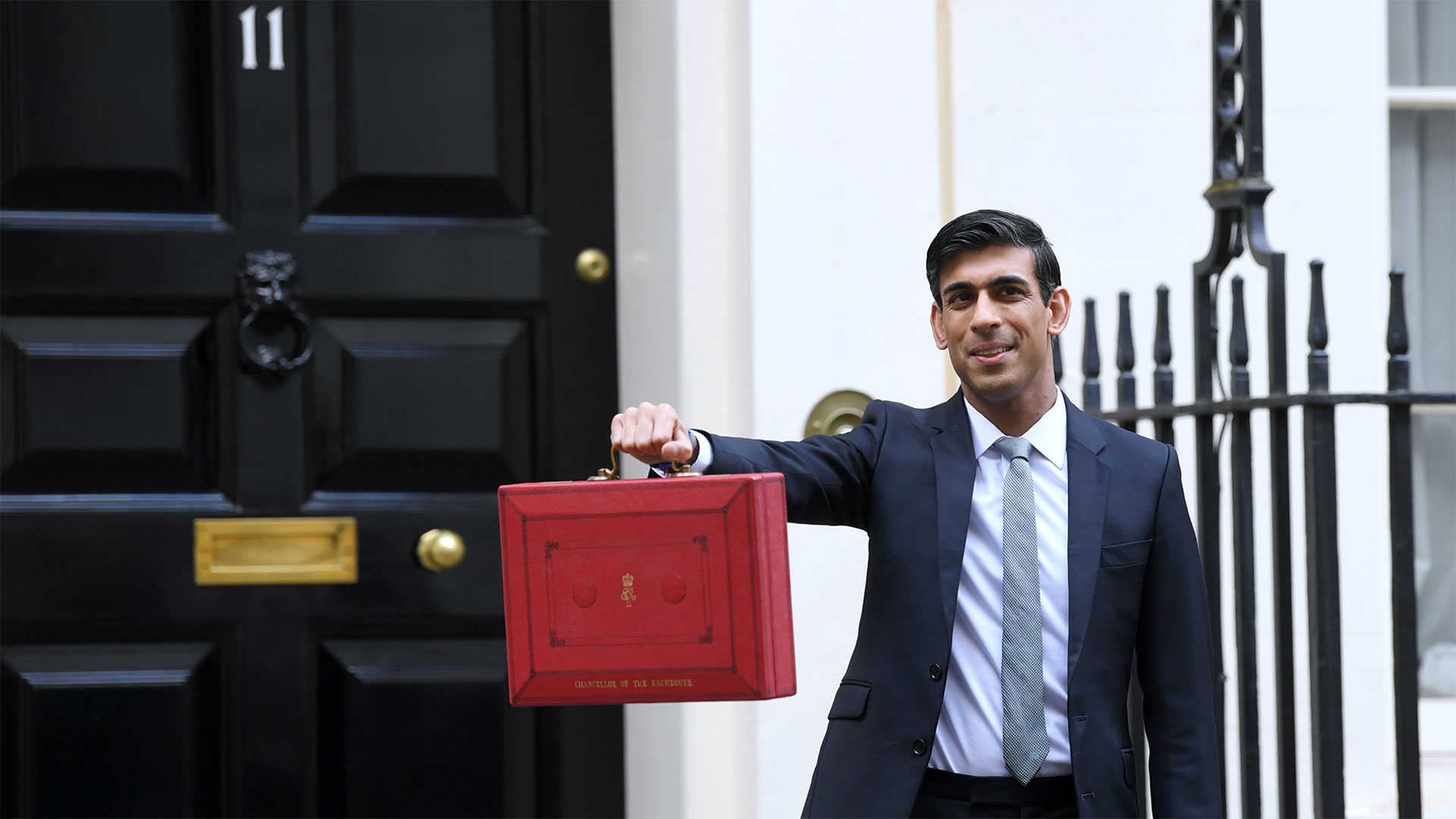But Shelter chief Polly Neate did hail the biggest cash injection for a decade as an “important first step”. She said: “Building social homes is the only solution and voices right across the political spectrum agree.”
Sunak also announced a one per cent cut in the interest rate for borrowing from the Public Works Loans Board which local authorities use to build new social housing. However, this just reverses the one per cent increase brought back in October last year.
- Reading Tax
There was good news for campaigners who have spent months pleading with the government to axe the so-called reading tax.
Sunak announced that e-publications will no longer be subject to VAT from December 1, bringing e-books, e-newspapers, e-magazines and academic e-journals in line with physical counterparts.
It has been the subject of vociferous campaigning – but don’t forget to still support the physical medium by buying The Big Issue.
Advertising helps fund Big Issue’s mission to end poverty
Sunak also announced similar measures for the tampon tax, with sanitary products also no longer subject to VAT. The Big Issue has thrown its weight behind the campaign to end period poverty, giving Hey Girls a first-of-its-kind 24-page supplement in the magazine.
- Low pay
We already knew that the benefits freeze would come to an end next month but the 1.7 per cent increase was confirmed in the Budget.
Sunak also set a target for the Low Pay Commission to get the National Living Wage to two-thirds of media earnings and upped the national insurance contributions threshold from £8,632 to £9,500 to help low-income workers.
- Coronavirus
All eyes were on the Chancellor for how he would respond to the virus that has already had a devastating economic impact on the markets. Sunak stressed that its impact would be “temporary” but unveiled a borrowing-backed spending spree to tide Brits over in the meantime. Those measures included statutory sick pay for all those who choose to self-isolate while benefit claimants on Employment Support Allowance will be able to claim sick pay on day one rather than waiting a week.
There will also be no physical requirement for people on Universal Credit to attend Job Centres and the minimum income floor will temporarily be removed. A £500m hardship fund will also be created for English councils to help vulnerable people. However, documents say that this is expected to be primarily used for council tax relief and it is unclear if this will benefit rough sleepers affected by the coronavirus.
Advertising helps fund Big Issue’s mission to end poverty
What Sunak didn’t announce
Despite the raft of announcements, experts have pointed out that no changes were announced to boost Local Housing Allowance or to end the five-week wait for Universal Credit payments. Both have proven to play a significant role in pushing people into poverty.
David Samson, welfare benefit specialist at poverty charity Turn2us, said: “If the government is serious about tackling inequality, it would have ended the five-week wait for Universal Credit; restored the value of benefits with an above-inflation rise; and ensured all local authorities provide crisis support through local welfare assistance schemes as a matter of course. These recommended policies would go much further to improve the day-to-day lives of people who don’t have enough money to live on; and are the practical steps they are asking for.”
The breathing space scheme – 60 days where people in problem debt are protected from enforcement action as well as interest and fees on their debts – was confirmed for 2021 in the Budget.
It is a cause that debt charity StepChange has been championing for some time.
Advertising helps fund Big Issue’s mission to end poverty
But Richard Lane, the charity’s director of external affairs, said that more must be done to protect people from “life shocks” as coronavirus threatens to disrupt incomes.
“Today’s announcements should help to underpin the economy through a rough patch, which is crucially important in supporting people’s jobs and hence their ability to meet their financial commitments – but individual households will also need more help,” he said. “With nearly 10 million people in the UK already showing signs of financial distress, it’s crucial that comprehensive support is in place for households whose income is impacted.”
Image: James Veysey/Shutterstock









